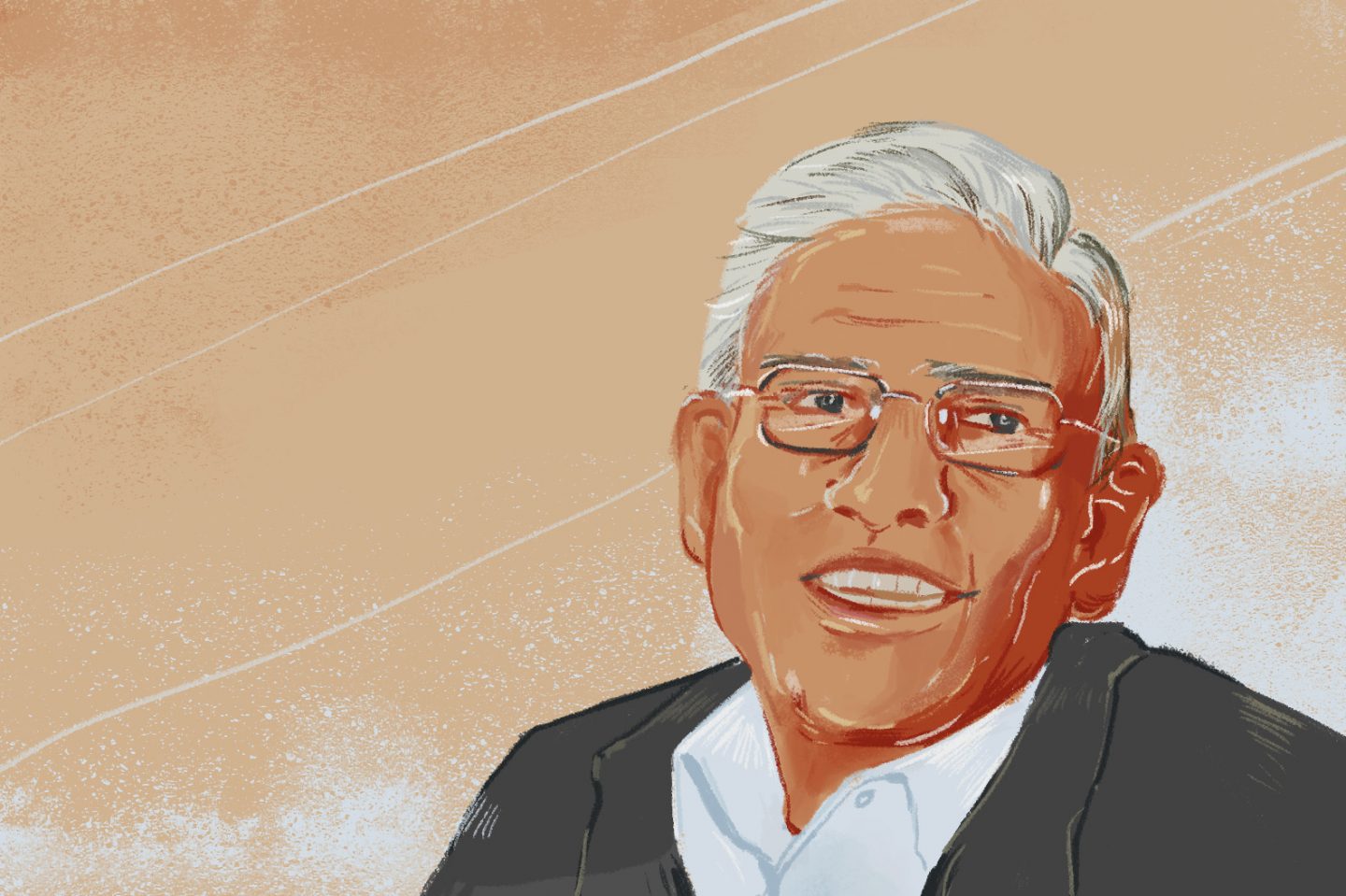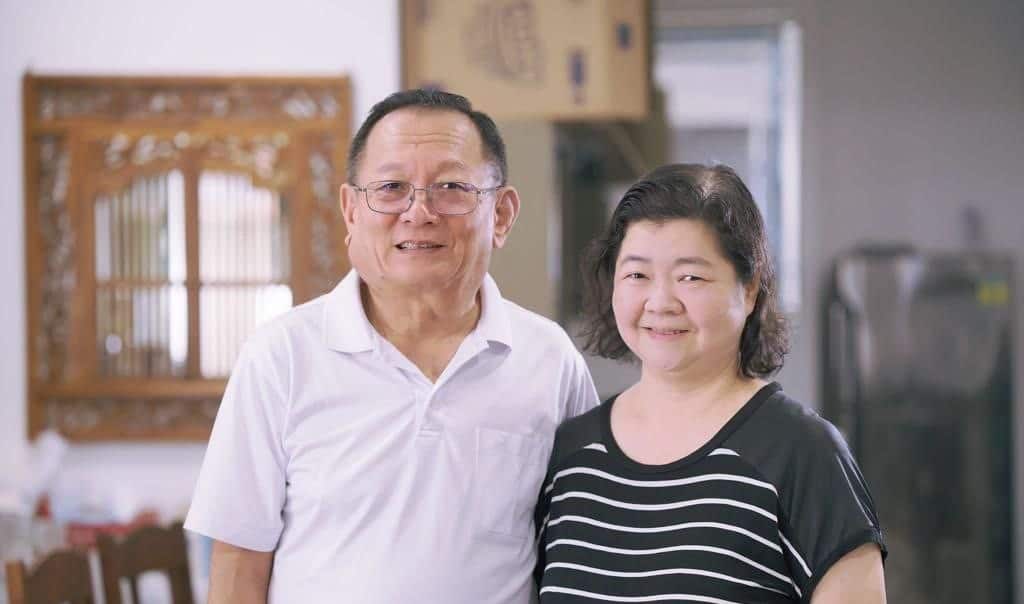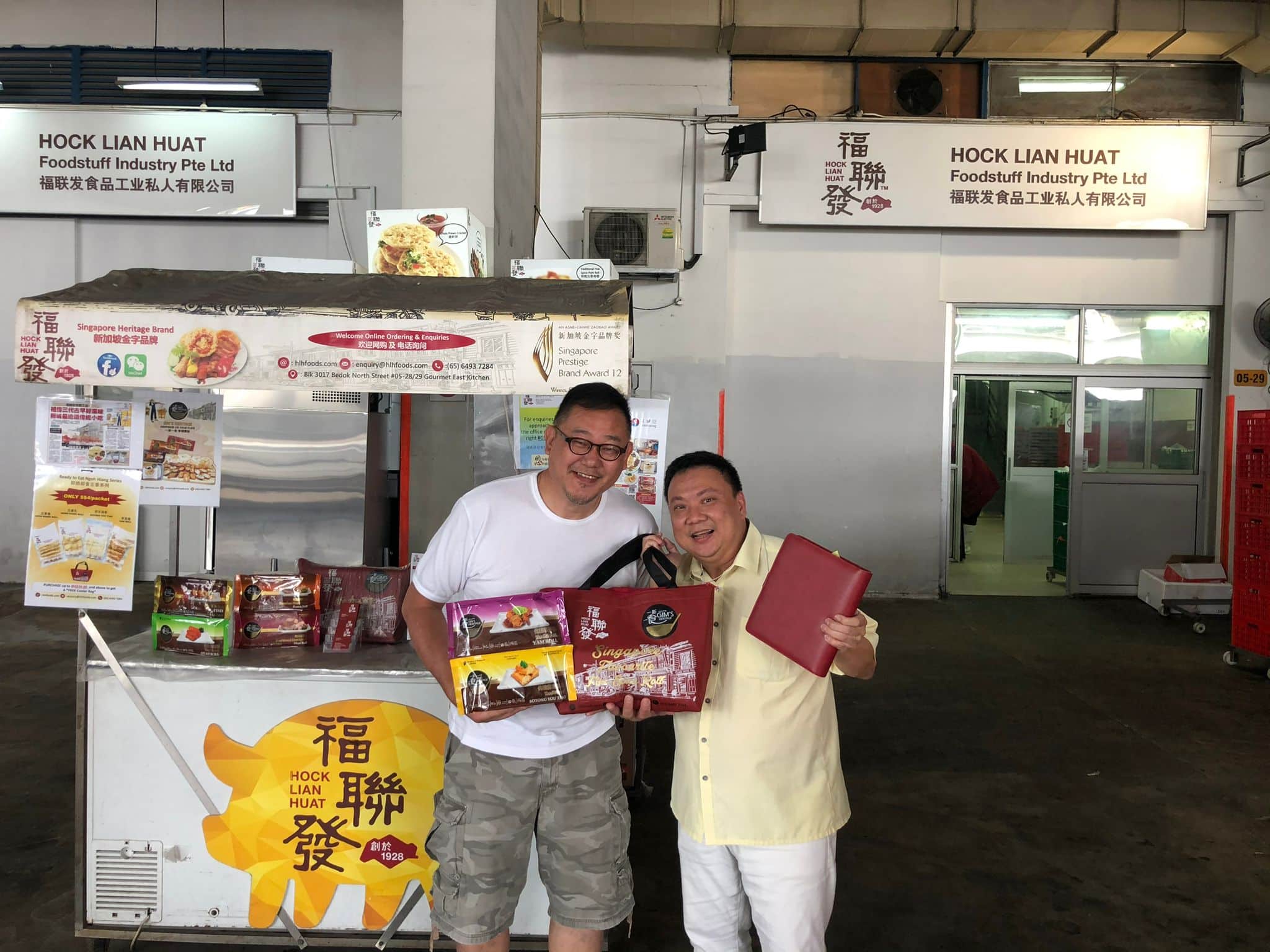“Be prepared to let go of the privileges of office”: Former Cabinet Minister S Dhanabalan
In celebration of our 54th National Day, Salt&Light brings you a series of interviews with leaders who put Singapore on the map, not only as captains of industry, but as pillars of faith.
John Ng and Alvin Foo // August 9, 2019, 2:02 am

"I hold things loosely because I heed a higher call. I must not give the impression that I don’t struggle to follow a higher calling. I do have struggles. But I try to be true to a higher calling," says former Cabinet Minister, Mr S Dhanabalan. Illustration of Mr Dhanabalan by Nicole Chan.
Mr S Dhanabalan was a well-known politician in Singapore in the 1980s and early 1990s who served in various positions in the Cabinet. He stepped down in 2013 as the Chairman of Temasek holdings after serving for 17 years. He was also Chairman of DBS Bank.
He is a Member of the Council of Presidential Advisers, a Member of Presidential Council for Minority Rights as well as Council Chairman Emeritus of Asia Business Council.
Paying a glowing tribute, Singapore Prime Minister Lee Hsien Loong extolled: “Temasek’s high international standing reflects of you and the Board’s hard work and adds to the Singapore brand.”
“Since I started work, I have always been prepared to step down anytime … Don’t let these things, positions or power, capture you.”
Besides building up the financial strength of Temasek, under his chairmanship, the organisation also established the Temasek Trust, committing S$1.5 billion to humanitarian causes, helping the under-privileged and educating the disadvantaged.
Prior to this appointment, he had served under Prime Ministers Lee Kuan Yew and Goh Chok Tong, and had different cabinet positions as Minister for the Ministry of National Development, Ministry of Foreign Affairs, Ministry of Culture, Ministry of Community Development, and Ministry of Trade and Industry. This has given him a wide perspective and a deep understanding of leadership issues.
Yet, Mr Dhanabalan will never forget his very humble background and beginning.
Born in 1937, he was raised as a Hindu by his father, A Suppiah, but became a devout Christian. He went to Victoria School and later to the University of Malaya, where he graduated with a Second Class Upper in Economics.
He is married to Christine Tan and they have a son and a daughter.
Even with such a distinctive service record, Mr Dhanabalan is always known to be a self-effacing and private leader who shuns public limelight and seldom gives interviews. It is truly a great honour for us to interview him for this book.
Q: Who and what influenced you most in your leadership development? And why?
The person who influenced me the most is Dr Benjamin Chew. He was a medical doctor and father of my good friend Jimmy Chew.
Dr Chew was an elder of Bethesda Katong Church and a respected Christian leader here. He was a Bible-believing and most affirming person. He always tried to find something positive to say about the most unlikeable person. Whenever I complained about someone, he taught me to see the positive things in the other person and try to see things from the other person’s point of view.
At times, it seemed frustrating to complain to him. He never tried to reinforce my negative view of the person. I believe it came from a consciousness of his own pride. He saw the ‘demon pride’ in himself and wanted to spare others from the grip of this demon.
Q: Could you share an experience of his influence with us?
When I wanted to marry a Chinese lady, it became a big issue with my dad and mum. I sought Dr Chew’s view, hoping that he would support me. Being young and passionate, I was very upset with my dad for objecting to the marriage.
Speaking as a father, Dr Chew explained kindly to me that my dad really loved me and wanted the best for me. He advised me lovingly that I should wait it out, be patient and not react instinctively until my father agreed to the marriage. I took his advice and my father finally gave his consent.
Q: How did that affect your leadership?
I tend to be more forgiving. It has influenced me to be less judgmental. It is not that I am not judgmental at all. I am less so. I try to see things from the other person’s perspective. If someone asks me for an opinion of another, I try to say something good about the person. If I have nothing good to say, I will not say anything to reinforce the negative views of that person. I am quite careful about what I say.
Q: This must be difficult in your job. How do you practise being forgiving, telling the truth and taking responsibility as Chairman?
If I say it doesn’t affect me, then I am naïve. If someone asks me for a candid opinion of the person, I have to be honest and give my opinion of the person, especially if it will affect the organisation. If it is an issue of character or integrity, which can affect the organisation, I have to speak frankly and make my stand clear.
In my view, competence cannot trump moral defects in character. I will speak candidly and explain carefully my opinion to the inquirer. This is my responsibility as Chairman, even though it may mean that some people may find me too strong about this.
Q; You are prepared to be tough if you have to.
Certainly. We have to be wise as a serpent but harmless as a dove.
Q: How did you finally get into politics?
When I was approached to join the PAP and contest in the 1976 elections, it was a surprise. I was recommended by the late Mr Hon Sui Sen, who was the Chairman of DBS before he was elected to Parliament and appointed a Minister.
However the PAP leaders did not pursue the recommendation because one of their leaders, outside Parliament, told the then Prime Minister Lee Kuan Yew that I was not a man of principle because I became a Christian, not out of conviction but because I wanted to marry a Christian girl.
“For me, only God knows my heart and I have to be transparent with Him.”
That was not true because my future wife became a Christian after me and before we started courting.
I was prepared to let it go, as it didn’t bother me whether I was selected to run in the elections. But it was Mr Howe Yoon Chong who having ascertained the truth rubbished the accusation, which had been circulated around in the Indian community. Finally, I was invited to join the party and stand for elections.
Since I graduated and started work, my philosophy has been that if I did not find any joy in the job or if it went against my personal convictions, even though it might be an important or honourable position, I must be prepared to let go and move on.
Since I started work, I have always been prepared to step down anytime. If I am asked to do something against my convictions or values, I am prepared to let go. That approach of ‘holding things loosely’ has been my perspective. Don’t let these things, positions or power, capture you.
The moment you cannot discharge your responsibilities in good conscience, you must be prepared to let it go.
Q: So how do you hold things loosely in your life?
It is the trappings of power that make you want to hold tightly to a position. That will make you compromise your position. But if these trappings of power do not hold you and you are prepared to let them go, you can quite easily hold and act in accordance with your principles.
I have seen this again and again. People are so used to the trappings of power that they refuse to let them go. They continue to want to be the chairman or CEO or in a position of power and compromise their principles and lose their self-respect.
The so-called ‘crazy thing’ I do is because Christ’s love compels me and it is because I love people.
It requires a bit of effort. It’s great to enjoy these things, but if they become very big in your life, then you are trapped. So, you have to be very careful. If you are prepared to let go of the privileges of office, then you have little problem doing the right thing.
But if you are focused on wanting to make progress in your office, looking for affirmations and promotions, and these become very important to you, you are more liable to get into trouble. When these things become a major consideration for you in making a decision, then you are in trouble.
When I was in the Cabinet, in considering an issue, I tried to take a position which I considered as the best for Singapore. That’s all I was concerned about. In most cases when it is a matter of judgement and my view was different from the Prime Minister’s, I will speak my mind strongly. He expected that of me and my colleagues. If my paramount consideration is to please him, then not only will I be going against my conscience, but I will also have no value to the PM in the decision-making process.
In any position, especially one with responsibility and power, you must strive to be totally honest with yourself. For me, only God knows my heart and I have to be transparent with Him. The way I communicate this to others I work with is whether I can wake up in the morning, look at the mirror and say that I am doing the right thing.
Q: A few things that stand out for me about you is that you are able to hold things loosely in your life and you have seen leaders who have done the opposite, and see how destructive this attitude can be.
They destroy themselves and their organisation. I have to do the right things for the right reason. I obey a higher order. I need to obey God. In the Bible, 2 Corinthians 5:13,14 says, “If we are ‘out of our mind’, as some say, it is for God; if we are in our right mind, it is for you. For Christ’s love compels us …”
I heed a higher call. I must not give the impression that I don’t struggle. I do have struggles. But I try to be true to a higher calling.
Some of the things I do may appear to be crazy. The so-called ‘crazy thing’ I do is because Christ’s love compels me and it is because I love people.
When Dr Moses Tay left the position of Chief Medical Officer of Tan Tock Seng Hospital to be an Anglican priest, some of my colleagues thought of him as doing a ‘crazy thing’. The crazy thing was the right thing because he had a higher calling.
I hold things loosely because I heed a higher call. I must not give the impression that I don’t struggle to follow a higher calling. I do have struggles.
But I try to be true to a higher calling.
Q: What is your chief struggle or your greatest weakness?
Most of the time the trappings of holding high office are not attractive to me. In fact they embarrass me. Temptation only makes sense only if it is real. Temptation only becomes a temptation if we can be tempted.
Being humble is relatively easy. But the ability to accept humiliation and not react to it is more difficult.
However, at times I have to consciously be wary when I am treated with great deference, and am invited for this and that important function or event. I have to keep reminding myself, “Is this really something that I want?” Most of the time, I am not tempted at all.
But I am tempted. My biggest struggle is pride or when I feel that I am not treated with respect. Pride comes when people treat you with great respect and you enjoy it so much that you refuse to let it go. The biggest difference being in office and not being in office is the privileges you enjoy, where you are treated special in many life situations.
There is a subtlety about pride. Being humble is relatively easy. But the ability to accept humiliation and not react to it is more difficult. I remember an instance. I, together with some others, used to have reserved parking lots in the Singapore Island Country Club. When I stepped down from the Cabinet, an official told me I could not park at the special lot any more. I really felt slighted. I felt a little upset. Then I realised, pride had crept in. It’s so subtle.
Now, I have become more conscious about how I react when I am slighted. Humility is accepting humiliation and not being upset. Easy to say but difficult to do.
Q: What is one advice you would give to emerging leaders?
Be open.
Open lines of communication at many levels. Listen to different views, especially from the lower levels.
Don’t put your own interest above others.
This article is an excerpt from the book Heart to Heart with Asian Leaders: Exclusive Interviews on Crisis, Comebacks and Character (ISBN: 9789814663946), published in 2015 by World Scientific Publishing Co Pte Ltd. It is republished here with permission. The book is available for purchase at www.meta.com.sg.
We are an independent, non-profit organisation that relies on the generosity of our readers, such as yourself, to continue serving the kingdom. Every dollar donated goes directly back into our editorial coverage.
Would you consider partnering with us in our kingdom work by supporting us financially, either as a one-off donation, or a recurring pledge?
Support Salt&Light



